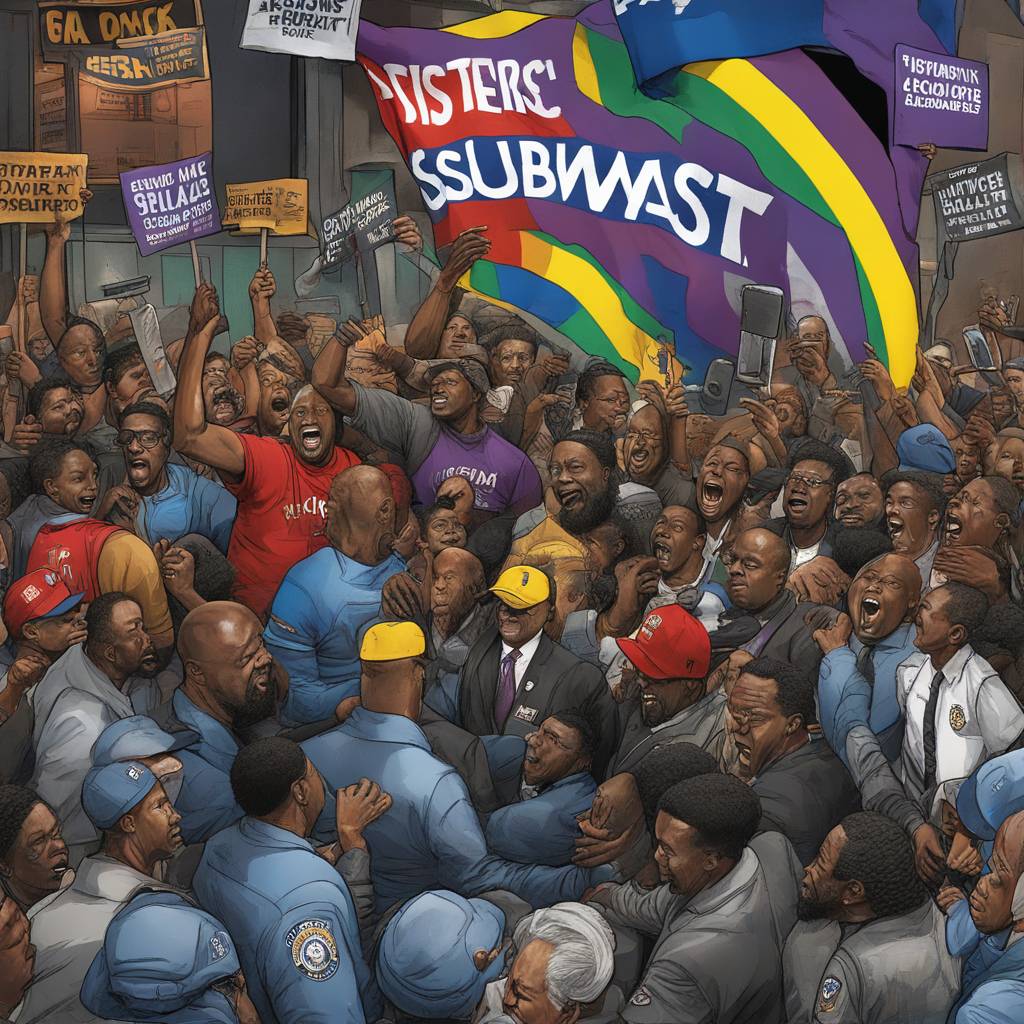New York City Council member Amanda Farías, who previously demanded justice for a homeless man who died while being subdued by subway passengers, is facing criticism for questioning why ordinary citizens have seemingly ignored recent violent attacks against women in the city. Farías expressed concern about reports of attacks against women in New York City and called for men to speak out against these incidents. However, she was met with criticism from users who believe that people are afraid to step up due to fear of retaliation by government officials.
Critics pointed to the case of Daniel Penny, a Marine Corps veteran and college student charged with manslaughter in the chokehold death of Jordan Neely, a homeless man who became violent on a subway. The incident occurred in May 2023 and Penny, along with another man, restrained Neely until the subway reached the next station. Farías previously expressed outrage over Neely’s death and called for justice, but now faces backlash for seemingly not acknowledging the role of citizens in responding to violence against women in the city.
Penny’s trial is scheduled for October 8, with attorneys expecting it to last four to six weeks. Witnesses to the incident described Penny as a hero who acted to protect passengers on the subway from Neely’s threatening behavior. Neely had a history of mental illness and prior subway assaults, which may have influenced Penny’s decision to intervene in the situation. Despite the support for Penny from some witnesses, others questioned the need for lethal force in restraining Neely and raised concerns about the response to mental health crises in public spaces.
Transit crime remains a significant issue in New York City, with Governor Kathy Hochul dispatching the National Guard and state troopers to assist with random bag checks. The response to Neely’s death has reignited debates about safety and accountability in public spaces, particularly regarding incidents involving individuals experiencing mental health crises. Critics of Farías argue that the lack of public intervention in violent attacks against women reflects a broader culture of fear and mistrust, where individuals are hesitant to take action for fear of facing legal consequences or public backlash.
The question of why men are not standing up against criminals who target women in New York City continues to provoke discussion and debate. Farías’ call for action has prompted a closer examination of the factors that may contribute to bystander intervention in situations of violence, as well as the broader social and political context that shapes responses to public safety concerns. The ongoing trial of Daniel Penny and the aftermath of Jordan Neely’s death serve as reminders of the complexities and challenges inherent in addressing issues of violence, mental health, and community safety in an urban environment like New York City.


